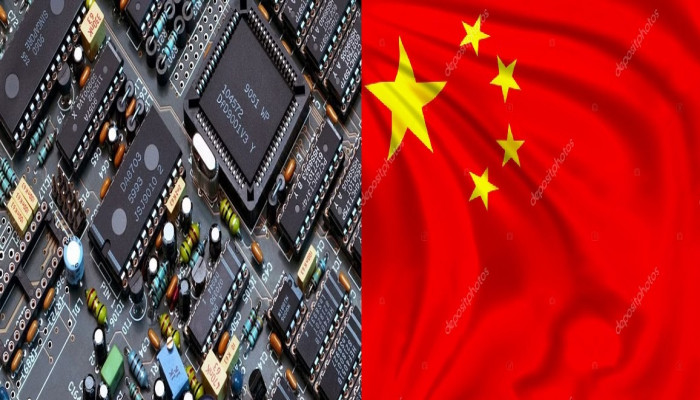U.S. lawmakers call for investigation into China’s silicon Photonics industry
- In Reports
- 04:27 PM, Oct 30, 2024
- Myind Staff
The leadership of the Select Committee on the Chinese Communist Party (SCCCP) has urged the U.S. Department of Commerce to launch a comprehensive investigation into China's rapidly expanding silicon photonics industry, citing significant national security risks and competitive challenges.
SCCCP Chairman Rep. John Moolenaar and Congressman Raja Krishnamoorthi have specifically called upon U.S. Secretary of Commerce Gina Raimondo to impose restrictions on the transfer of advanced photonic semiconductor technology to China. In a post on X, the SCCCP stated, “Chairman Rep. Moolenaar & RM Congressman Raja call on Sec. Raimondo to restrict advanced photonic semiconductor technology to China.”
The lawmakers advocate for the inclusion of silicon photonics equipment and products on the Commerce Control List (CCL) to protect American technological leadership. Silicon photonics, which utilises light particles instead of electrons for data transmission, is perceived as the next frontier in semiconductor technology. Experts indicate that this innovation could lead to an astonishing 1,000-fold increase in computational speed compared to traditional electronic chips, potentially redefining the semiconductor landscape.
The letter highlights that while the U.S. has historically been at the forefront of semiconductor technology, it is now lagging as China significantly boosts its investments in photonics. The Chinese government has identified silicon photonics as a strategic priority within its national plans, with state-owned enterprises reportedly allocating billions to advance this sector. Key players in China, such as Huawei and the Nanjing Electronic Devices Institute, are recognized as substantial contributors to this effort, raising alarms about the dual-use nature of photonics technology, which could enhance military capabilities. U.S. lawmakers argue that American technology should not inadvertently support these endeavors.
To address these concerns, the lawmakers are requesting the Commerce Department to evaluate the national security implications of China’s silicon photonics initiatives and to explore necessary amendments to the CCL. They are also seeking a briefing by December 1, 2024, to discuss the national security threat posed by China’s silicon photonics industry, the current state of the U.S. domestic sector, and the resources needed for effective oversight.
The outcome of these discussions could significantly influence future U.S. policy on technology exports and enhance domestic innovation in the rapidly evolving silicon photonics sector.







Comments